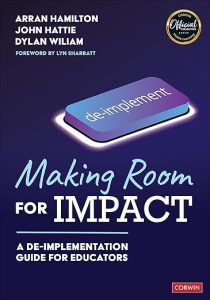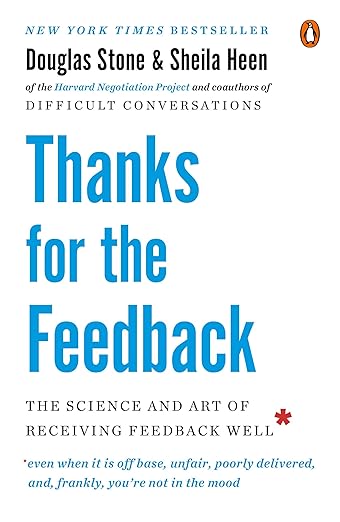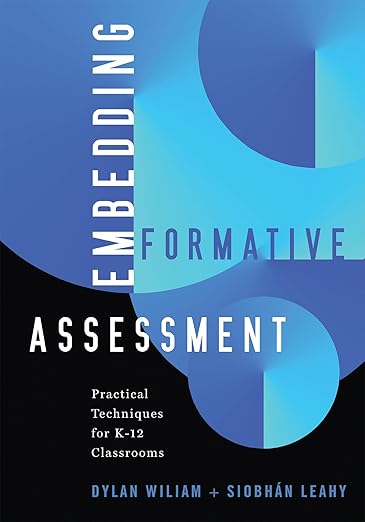Book of the Month for November 2024
With teacher and leader workloads and burnout at an all-time high, it’s time for de-implementation: de-prioritizing and deleting the less effective, higher-cost initiatives we implement in schools. De-implementation allows us to focus on practices that have more supporting evidence and a higher probability of positive impact on students, and at the same time gain much-needed work-life balance.
Osprey Learning Networks
Recommended Read
Previous Reads
April 2025
Thanks for the Feedback: The Science and Art of Receiving Feedback Well
by - Douglas Stone, Sheila Heen
The bestselling authors of the classic Difficult Conversations teach us how to turn evaluations, advice, criticisms, and coaching into productive listening and learning
March 2025
Embedding Formative Assessment: Practical Techniques for K-12 Classrooms
by - Dylan Wiliam, Siobhan Leahy
This clear, practical guide for teachers centers on practical formative assessment techniques for implementing five key strategies in K-12 classrooms.
February 2025
The Age of Identity: Who Do Our Kids Think They Are . . . and How Do We Help Them Belong?
by - Dennis Shirley, Andy Hargreaves
Dennis Shirley and Andy Hargreaves brilliantly show how we can and must engage with young people's identities in their fullness and complexity. Rooted in classical and contemporary theories of identity, extensive research, and in sheer common sense, their book takes us from bitterness to belonging





